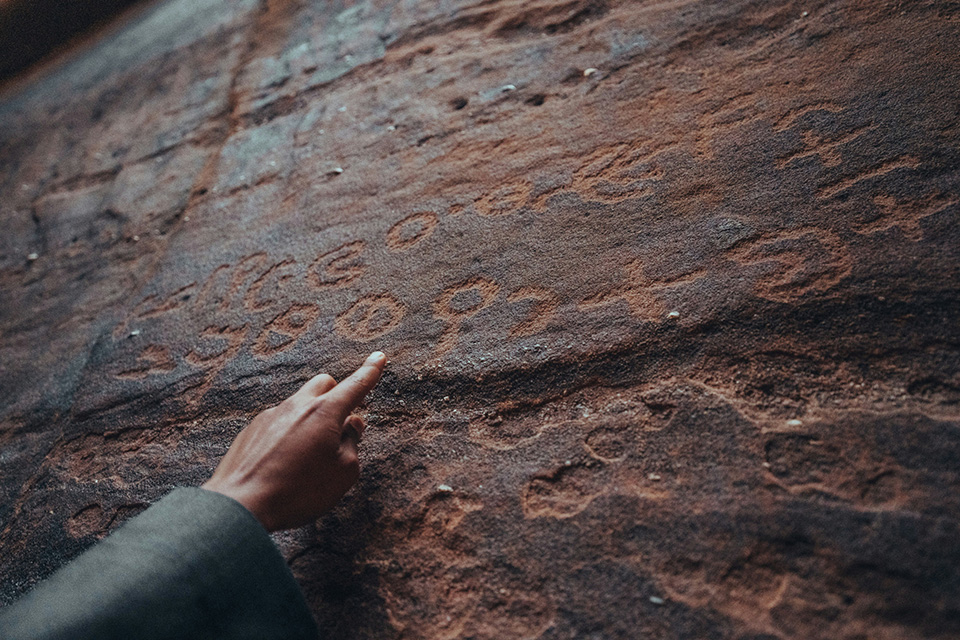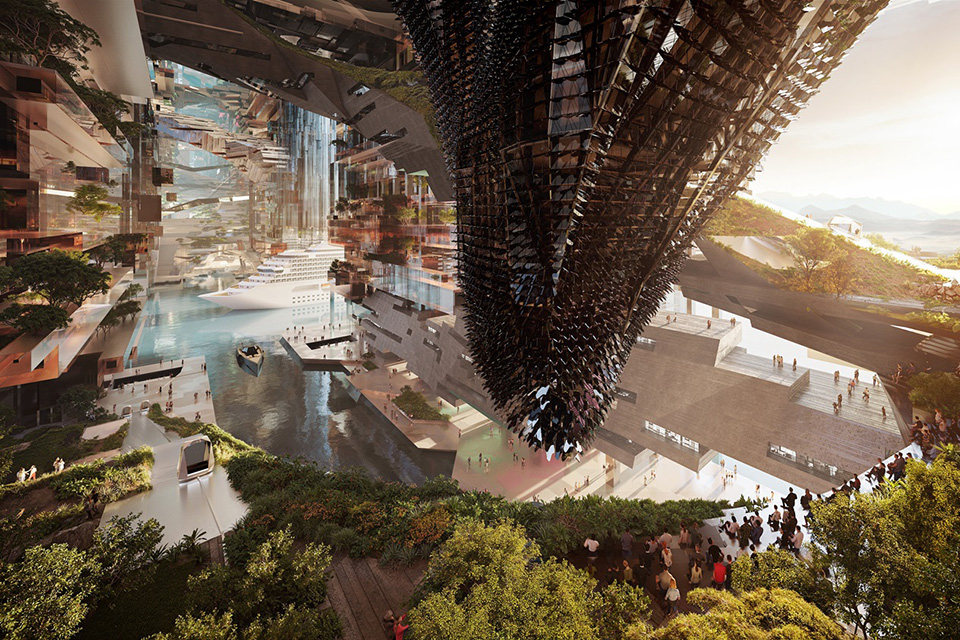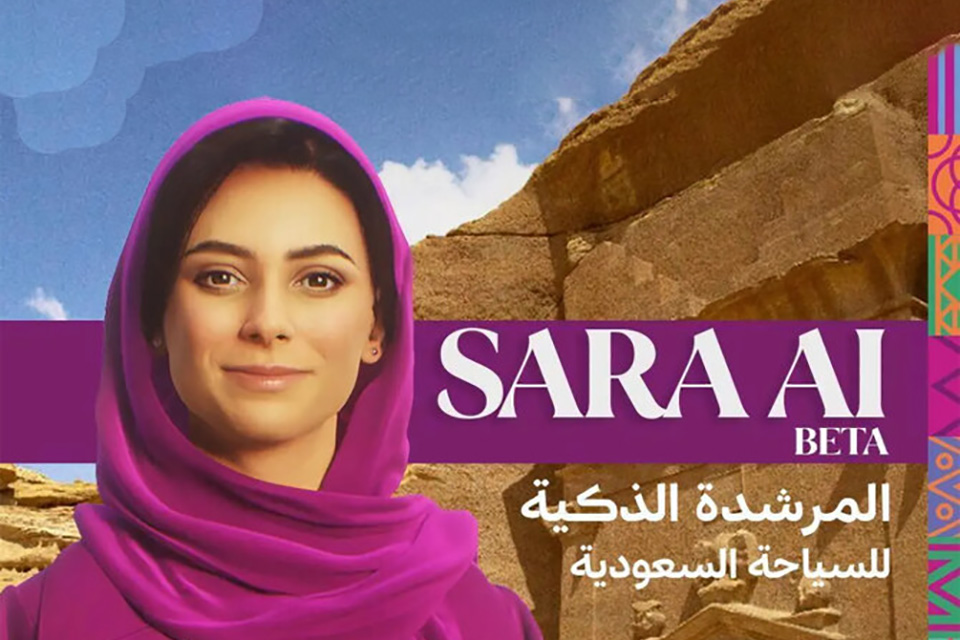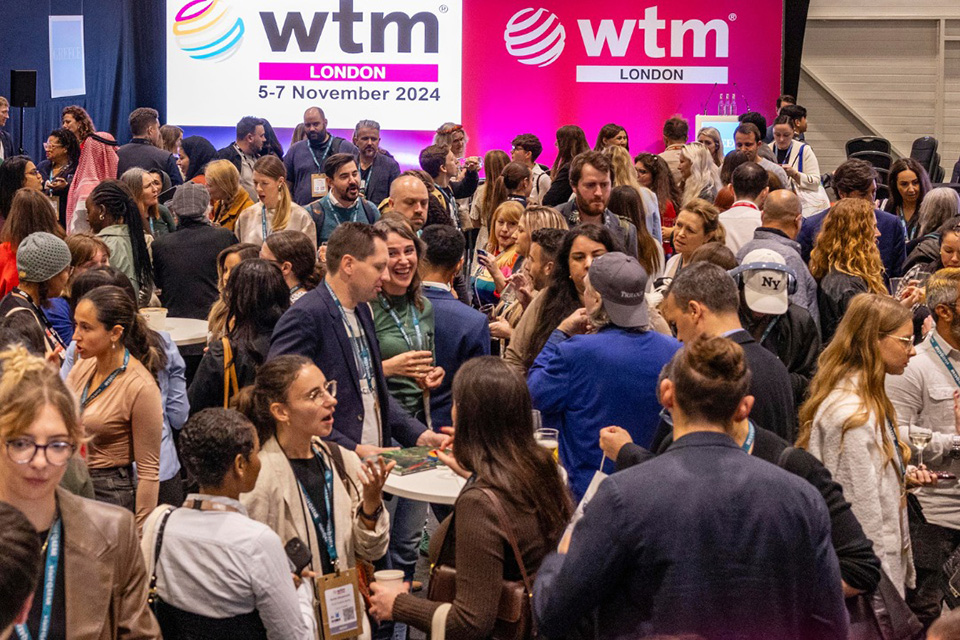- News
King Abdullah Financial District Joins UN Global Compact
With the King Abdullah Financial District joining the UN Global Compact, it pledges its commitment to adopting sustainable practices.
Article Summary:
- The King Abdullah Financial District (KAFD) has joined the UN Global Compact (UNGC) in its commitment to adopting sustainable business practices.
- Under the UNGC, the KAFD must adopt principles that promote labor rights, human rights, environmental protection, and anti-corruption. It must also strive to achieve the UN’s 17 sustainable development goals.
The King Abdullah Financial District Development and Management Co., KAFD DMC, has joined the United Nations Global Compact.
According to Arab News, the King Abdullah Financial District entered the agreement on Wednesday, August 14. In line with this, it announced the news at the KAFD Conference Center in Riyadh City. At the event, representatives announced the news during a panel discussion on businesses’ role in sustainable development.
Executives from the PwC Middle East Network and GBCI (Green Business Certification Inc.) were present at the event. PwC stands for PriceWaterhouseCoopers, a London-based multinational accounting and auditing firm.
King Abdullah Financial District’s Commitment to Sustainability
This development signifies the King Abdullah Financial District’s commitment to establishing sustainable business practices. Under the UN Global Compact, KAFD must also adopt principles that promote labor rights, human rights, environmental protection, and anti-corruption. Moreover, its membership signifies its pledge to achieve in its own capacity the United Nations’ Sustainable Development goals
These include 1) no poverty, 2) zero hunger, 3) good health and well-being, and 4) quality education. The next goals are 5) gender equality, 6) clean water and sanitation, and 7) affordable and clean energy.
The following goals are 8) decent work and economic growth; 9) industry, innovation, and infrastructure; and 10) reduced inequalities. Next are 11) sustainable cities and communities, 12) responsible consumption and production, 13) climate action, and 14) life below water.
The last three goals are 15) life on land; 16) peace, justice, and institutions; and 17) partnerships for the goals.
Saudi UN Global Compact Network Executive Director Ibrahim Al-Helali remarked, “To start, begin by thinking about sustainability.”
He also noted its significance for other businesses and how the King Abdullah financial district’s example will serve as inspiration.
“Once businesses start thinking about it, they can explore how to develop these thoughts and ideas into strategic action plans for the future,” he noted. “KAFD is setting a powerful example for businesses across Saudi Arabia.”
LEED certifications and the UNGC Principles
Some of the King Abdullah Financial District’s sustainable practices include using energy-efficient buildings and climate-controlled wadi (low, dry valleys). It’s important to note that over 40 of the buildings in the KAFD have received Silver and Gold LEED certifications.
The LEED (Leadership in Energy and Environmental Design) is the world’s most adopted green building rating system. More importantly, it offers a “framework for healthy, highly efficient, and cost-saving green buildings.”
KAFD DMG CEO shared the impact of KAFD joining the UN Global Compact on the world and on Saudi Arabia.
“By integrating UNGC principles into our corporate strategy, we aim to not only meet global sustainability standards, but also contribute meaningfully to the socio-economic development of Riyadh and beyond,” he said.
The King Abdullah Financial District is not the only entity that has joined the UN Global Compact. Riyadh Air, Saudi Arabia’s newest airline, also signed up for the UNGC earlier in 2024. Recently, it unveiled the kingdom’s very first fleet of 47-seat electric coaches.
Ahmed, CC BY-SA 4.0, via Wikimedia Commons






